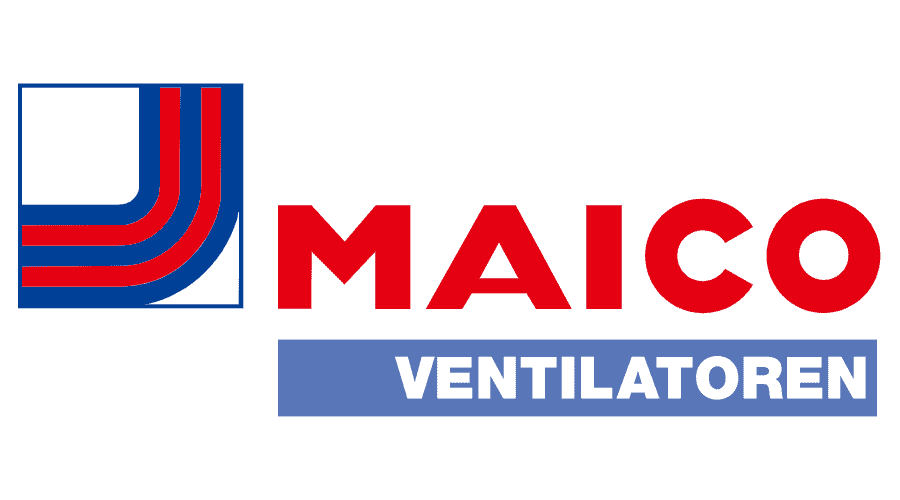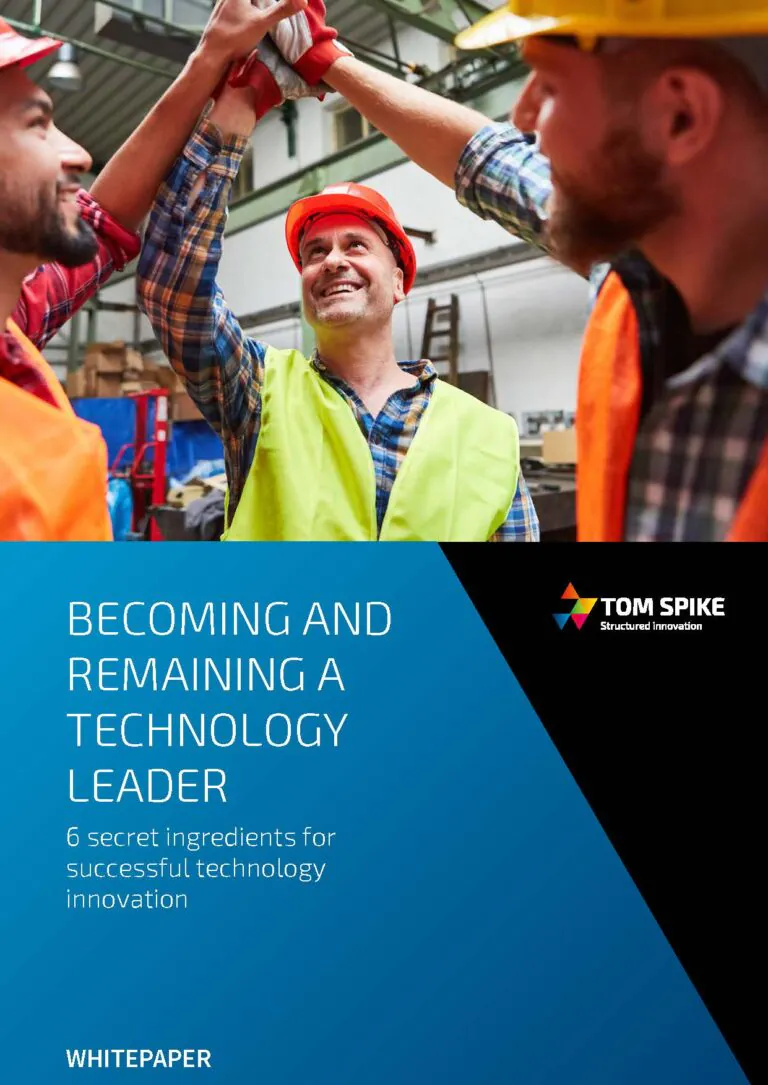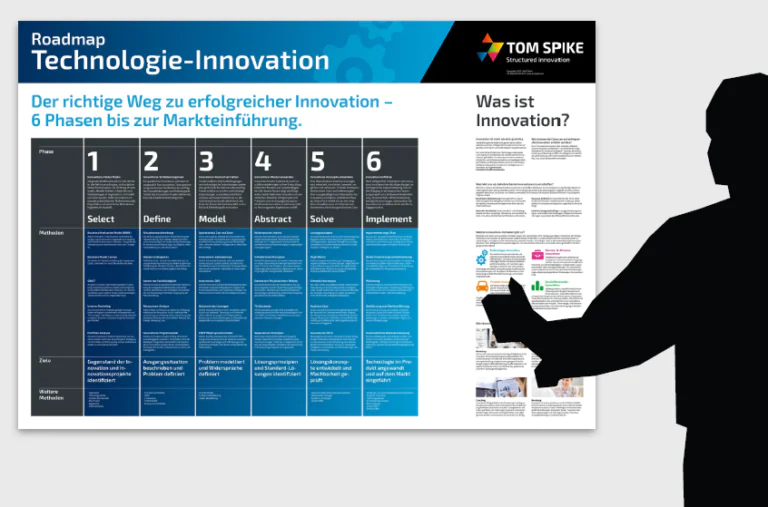Developing competencies for innovation in companies: Challenges and opportunities
The ability to successfully create innovations is a sought-after skill. An employee, a team, or even an entire department with this ability can be a great strength for a company. Therefore, many companies aim to strengthen these skills within their workforce, whether in the competence of individuals, teams, departments, or sometimes even the entire organization.
Challenges in developing innovation competencies
Training, seminars, or online courses are often quickly suggested when it comes to competency development. However, in practice, these expectations are frequently unmet. Common challenges in developing innovation competencies include:
Off-the-job training without practical application in innovation
Online courses, training sessions, seminars, and other types of training rarely find their way into practical application. Once back in their day-to-day work, employees often find few opportunities to apply the innovation methodologies they’ve learned or to use new tools. The participation certificate remains, but the rest is eventually forgotten.
Lack of a common language for innovation
The level of knowledge about innovation within the workforce is often very different. Some employees pursue further education and read specialized books, while others know innovation only from university, and still others have had little contact with it so far. Individual training sessions often exacerbate the effect of a lack of communication between participants. What is innovation? What do we mean by it? What is a need, what is a customer requirement, and what should be the next step? The lack of a common language prevents innovation competencies from being successfully applied.
Experienced innovators rarely find suitable training for their needs
Experienced innovators do not want to attend a basic innovation course, and rightfully so. Their practical knowledge goes beyond what is taught and does not provide answers to their actual questions. The path of video tutorials, literature, and self-study is challenging and often disappointing. What seems easy to read often doesn’t work as expected in practice, leading to confusion.
Proven ways for developing innovation competencies
Building innovation competencies in a company is certainly not the greatest challenge on the path to innovation, but it is a particularly long-term one. There are numerous opportunities to successfully develop innovation competencies that not only benefit the individual but truly help the organization.
Combined competency and process development
Developing an innovation process for the company is a good foundation for a company-specific training package. The training then does not only cover standard innovation methodologies but also concrete procedures, work methods, and tools tailored to the organization’s needs. As a result, everyone speaks a common language and follows a common approach. This enables the company to truly work together towards innovation.
Innovation training and competency development with mandatory project relevance
Common sense suggests developing competencies first and then starting the work. However, it is actually more successful to initiate the specific project and address the needs when problems and questions arise. As a popular saying goes, “No training without a project.” With a challenging client and a launched project, the focus of the training participants is far better on the concrete value and practical insights. The training shifts from “push” (the trainer wants to convey something) to “pull” (the training participants want and need to achieve something).
Individual and team coaching for innovation
With existing experience and basic knowledge of innovation, individual coaching is a suitable measure to close competency gaps. It is specific to the concrete challenge and tailored to what the coachee and team, specialists, and leaders really need—answers to specific questions and customized solutions for the ongoing innovation project, and adapted to the relevant industry.










